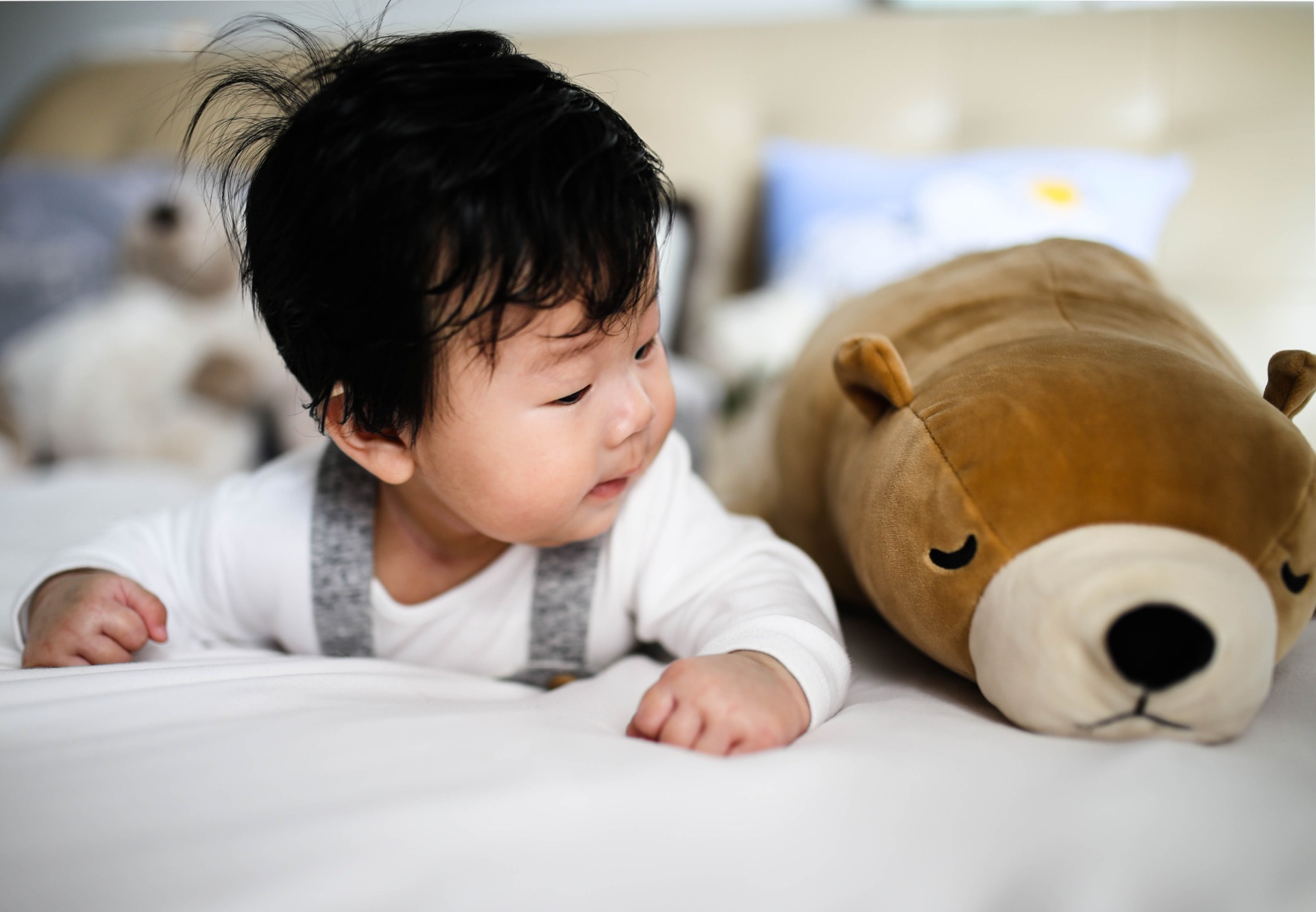Do babies benefit from hearing multiple accents?

By Nadia Lana & Gwenyth Lu
Accents are made up of specific pronunciations of sounds in a language. Whether you hear it or not, everyone around you has one! Accents tend to arise within a culture because humans have an amazing way of behaving alike to members within social groups. In English, there is no 'neutral' accent but the most commonly taught accents are American and British.
As your baby is growing up, it is important not to limit their exposure to different accents because of the fear that they will speak in a non-conforming accent from friends, family or yourself. In fact, allowing your baby to hear and experience the several scopes of English (or any other language your baby is growing up around) can be advantageous for them!
Potter and Saffran (2017) revealed how infants benefit from exposure to hearing many accents. They found that infants exposed to several accents can better understand and recognize accented speech.
In this study, 15-month-old and 18-month-old American-English babies sat on their parents lap in a booth with isolated sound. There were three video monitors placed in front of them and on their two sides. Parents listened to music from headphones to prevent any influence on their baby's behaviour.
The babies went through a short training phase where they listened to a familiar passage while viewing pictures from a storybook to keep interest. Infants were meant to look at the center screen with the pictures and turn their head to the left or right screen, depending on where the music was coming from - the music continued to play until they looked away. The actual testing phase involved words and non-words, instead of music. The unfamiliar accents included British, Australian, Indian, and American South. A trained coder, unaware of what the experiment was about, coded the babies' looking habits of the side screens when hearing familiar, unfamiliar, and a mixture of accents.
They found that the older infants were more successful at recognizing real words in the different accents after exposure to multiple unfamiliar accents! But...this could be explained by the fact that they have more overall knowledge of English than the 15-month-olds. The results demonstrated that the exposure helped the babies determine what was important and what was less important to the present situation. 15-month-olds demonstrated no comprehension of words produced in an unfamiliar accent but were successful with the American accent words. The infants' representations of specific words may not be strong enough to deal with differences in pronunciation that comes with accented speech. And even with experience, the younger infants could not recognize the familiar words spoken in the unfamiliar accents.
Allowing your baby (of about 18-months-old) to be exposed to various accents can certainly be significant. It may be relevant for babies to use it as a social indicator. Having prior experience can also influence your child's perception of new accents. It has been found that adults who have lived in a greater diversity of places can better identify regional dialects. If infants gain the experience, they can become little language experts and this can help them deal with challenges, such as accented speech. Not to mention, it can enhance their attention in learning how to use available information to determine important differences.

References
Potter, C. E., & Saffran, J. R. (2017). Exposure to multiple accents supports infants' understanding of novel accents. Cognition, 166, 67-72.
